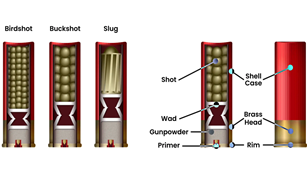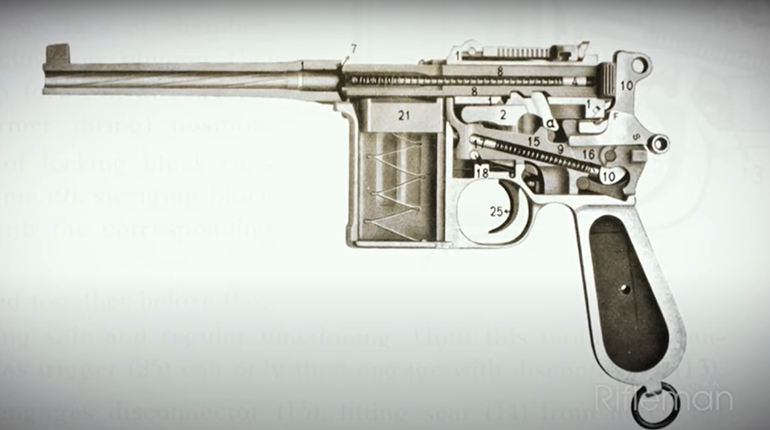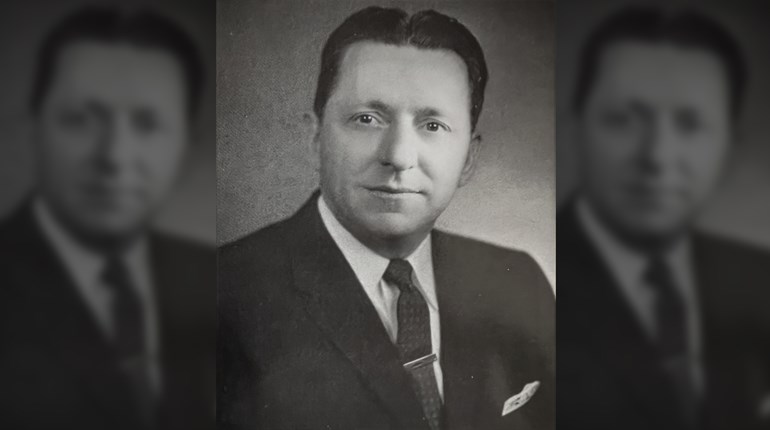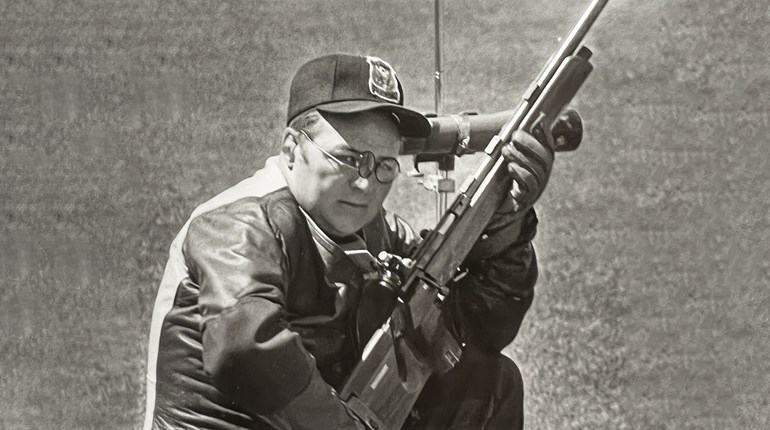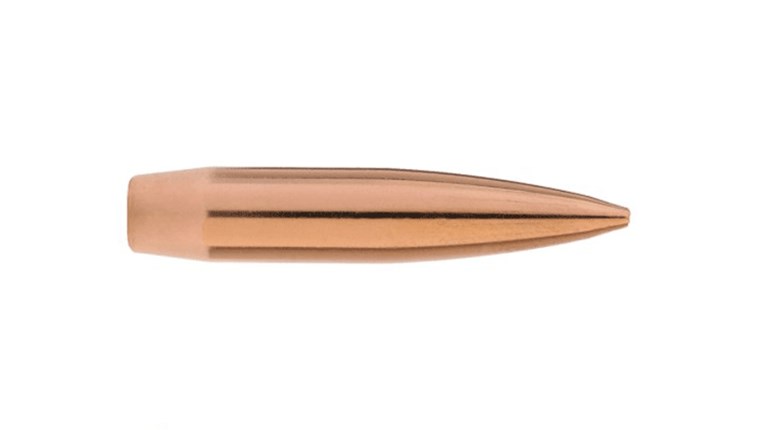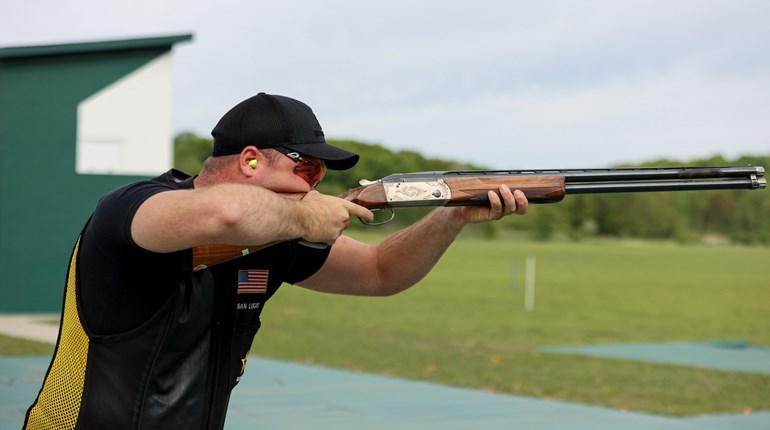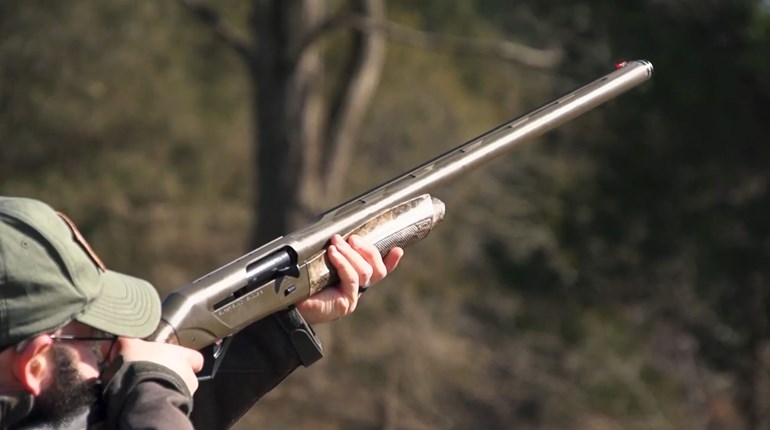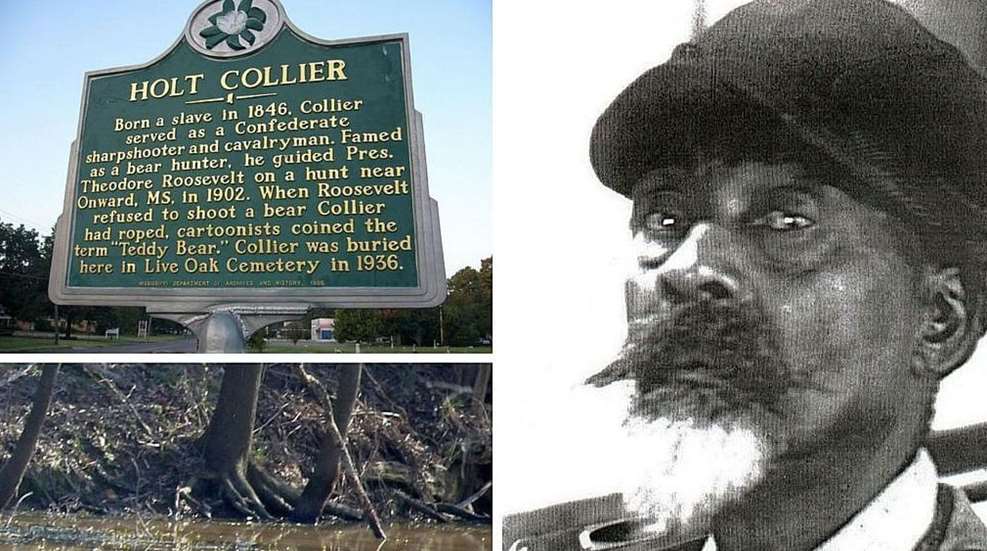
The American frontier produced several legendary bear hunters, two of the most famous being Daniel Boone (1734-1820) and David “Davy” Crockett (1786-1836). But one particular hunter, Holt Collier, is credited with killing more bears than Boone and Crockett combined. During his long life, Collier and his excellent pack of hounds took more than 3,000 black bears in the swamplands of the South.
Born a black slave in Jefferson County Mississippi in 1846, as a boy Collier was sent to Washington County to work on the Plum Ridge Plantation, where his job was training the horses and dogs. And during that time, he was trusted with a muzzleloading shotgun and told to shoot any wild animal that was edible enough to help feed himself and his fellow slaves. He became such a proficient hunter that he learned to shoot both right and left-handed, and killed his first black bear at the age of ten.
Collier was offered an education during his early years—the three “Rs” of readin, writin, and ‘rithmetic—but didn’t take to it. His mind, it seems, was always on the swamps, thinking about the many game animals living there and how to hunt them: white-tailed deer, wild turkeys, and of course, black bears.
Four years later, now in his mid-teens, Collier ran away from the plantation to join his master and his master’s son (Howell Hines and young Thomas Hines), who were off fighting for the Confederacy during the Civil War. His first job was that of an orderly at a field hospital.
One day near Bowling Green, Kentucky, a skirmish erupted between Union and Confederate troops, and Collier heard the shooting. Grabbing the rifle and ammunition pouch of a hospital patient, he ran to the front lines of the battle and began firing at the Union soldiers. Collier obviously had no military training, but what he lacked he made up for with accurate shooting. His fellow rebel soldiers were duly impressed, and for the remainder of the war he rode and fought with Company I of the 9th Texas Cavalry, becoming one of the very few black men to fight for the Confederacy during the Civil War.
Following the war, Collier was granted his freedom from slavery, but another major issue in his life soon arose. He was falsely accused of murdering Captain James A. King, a Union officer who was part of the ongoing reconstruction effort in the South. Collier was ultimately acquitted of the charge, but his family and friends advised him to leave Mississippi for a time until things quieted down. He headed west to Texas to join some of his earlier cavalry buddies, becoming a cowboy for a year or so.
Eventually returning to Mississippi, Collier realized that he had to somehow figure out a way to earn a living. Many railroads and levees were being built at the time, and he very easily could have landed a job on one of the construction crews. But all of those hundreds of laborers needed to eat, he reasoned, and he had an idea that he just might make more money as a professional market hunter.
At the time, a dressed deer carcass was worth anywhere from $15 to $20, but a dressed black bear carcass brought $50 to $60. It wasn’t difficult for Collier to decide which species to hunt. As a result, he sometimes earned as much as $2,000 to $3,000 per year, which was a tremendous amount of money for that era, especially for a black man. His reputation and fame as a skilled bear hunter soon began to grow, and well-heeled sportsmen from across the country started to take notice, hiring Holt Collier to guide them on a genuine Mississippi bear hunt.
U.S. President Theodore Roosevelt employed Collier to take him bear hunting twice, the first time in 1902 and then again five years later in 1907. You can read about that famous first hunt here: https://www.nrafamily.org/articles/2022/1/13/throwback-thursday-of-teddy-bears-and-fair-chase. On their second hunt, Collier was growing older but was still spry for his age, the pair hunting together for two weeks. After that successful hunt, Roosevelt wrote of Collier, “He was a man of sixty and could neither read nor write, but he had all the dignity of an African chief.”
Having guided Roosevelt and other such high-profile hunting clients, Collier became the subject of half a dozen major magazine articles through the years, as well as many newspaper stories. He was the first African-American sportsman to receive such national fame.
Holt Collier died at age 90 in 1936, and has since been honored in several ways. In 2004, a 2,200-acre National Wildlife Refuge located in Mississippi was named for him: Holt Collier NWR (https://www.fws.gov/refuge/holt_collier/).
Another honor, although less tangible, is that many people believe Holt Collier to be the real-life inspiration for 20th Century author William Faulkner’s fictional character, Sam Fathers, in his hunting story titled The Bear. Faulkner described Fathers, the wise, all-knowing hunting mentor of the young protagonist Isaac McCaslin, as follows:
“He stood beside the fence, motionless, the old man, son of a Negro slave and a Chickasaw chief, in the battered and faded overalls and the frayed five-cent straw hat which had been the badge of the Negro’s slavery and was now the regalia of his freedom.”
If you’ve never read the story, it can be found in Faulkner’s book Big Woods: The Hunting Stories. The first of four short stories in the volume, it’s Faulkner’s most well-known, a classic in American hunting literature and not to be missed. Track down a copy sometime soon…





